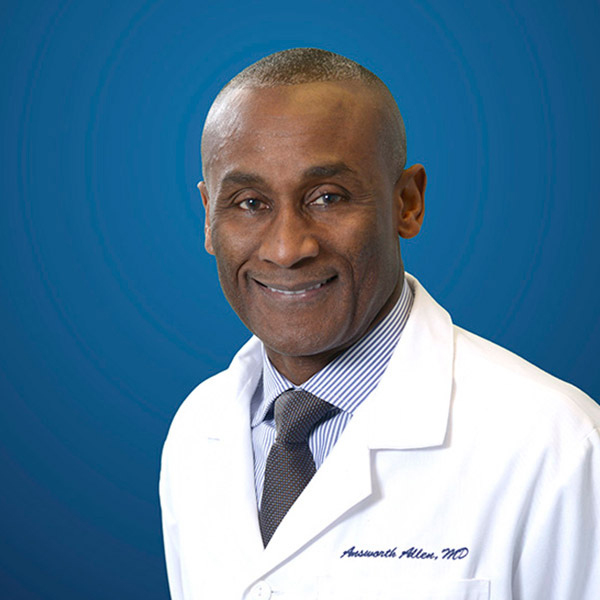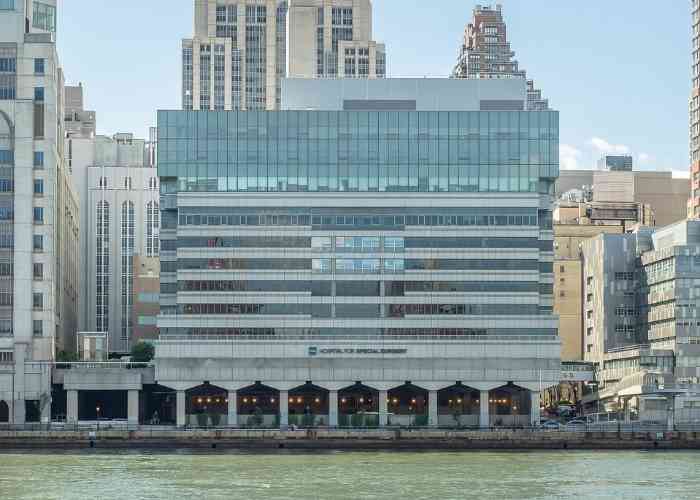What is arthrofibrosis of the knee?
The knee is one of the most used joints in the human body for normal activities of daily living. Because of the stresses that are chronically imposed upon the knee joint, active adults are more likely to undergo a surgical knee repair for a myriad of conditions that result from overuse. Arthrofibrosis, literally translated as “joint scar tissue formation”, is the condition of excessive scar tissue formation within a joint. This scar tissue can accumulate within a portion of the knee joint, or involve the entire knee, following a knee injury or knee surgery. Arthrofibrosis can cause the soft tissue structures of the knee to contract thereby causing painful restriction of motion. Other complaints of knee arthrofibrosis include knee stiffness, inflammation, and decreased muscle strength.

What is the treatment for knee arthrofibrosis?
Conservative therapies like rest, ice, and non-steroidal anti-inflammatory medications are the recommended treatments to diminish knee arthrofibrosis symptoms. However, if a patient is experiencing debilitating knee pain and stiffness, or if conservative therapy is unsuccessful, surgical intervention may be necessary. The goal of surgical arthrofibrosis treatment is to remove the scar tissue within the knee joint to improve joint mobility and strength. Dr. Answorth A. Allen, orthopedic knee surgeon, treats patients in Manhattan, New York City, Westchester, Long Island and surrounding areas who have experienced knee arthrofibrosis and are in need of a surgical arthrofibrosis treatment.
How is surgical arthrofibrosis treatment performed?
Dr. Allen performs a surgical arthrofibrosis treatment arthroscopically. This minimally invasive procedure involves a small camera (arthroscope) to visualize the bones, tendons, and ligaments of the knee joint. After surveying the soft tissue structures within the knee joint, specialized surgical instruments are introduced to perform a procedure that excises the scar tissue, also known as debridement. Any other irregularities, such as bone spurs, inflamed tissues, or a poorly placed surgical graft are also removed. Patients that previously failed an intensive physical therapy program may also undergo a posterior capsular release at this time. In the event of a surgical graft removal, a second knee surgery to replace the surgical graft will be performed at a later time.
What are the benefits of arthroscopic surgical arthrofibrosis treatment?
Dr. Allen favors the arthroscopic surgical approach because of its minimally invasive nature. Due to the small size of the camera and specialized surgical instruments, the incisions are equally as small and allow for a faster recovery time for the patient. The arthroscopic surgical approach also reduces the risk of post-operative pain and inflammation as well as blood loss and infection.
What is the recovery period like after surgical arthrofibrosis treatment?
The recovery period following a surgical arthrofibrosis treatment is determined by the amount of scar tissue within the knee joint in addition to any other procedures performed by Dr. Allen. Patients in New York can typically expect a knee brace to be applied immediately after surgery. Pain and inflammation are managed through a combination of rest, ice, and non-steroidal anti-inflammatory medications. Dr. Allen may prescribe stronger pain medications to be taken as directed. A detailed physical rehabilitation program will begin immediately following surgery. If this physical therapy program is adhered to and completed, patients have less than a 10% chance of recurrent scar tissue formation within the knee joint.
Arthrofibrosis Surgeon

Do you experience knee stiffness, inflammation, or decreased strength? The knee is one of the most commonly used joints in the body and can be degraded over time. Patients with these symptoms may be diagnosed with arthrofibrosis. This condition can be treated surgically, should conservative treatments fail. Knee expert Doctor Answorth Allen is experienced in providing diagnosis and treatment for patients in Manhattan, New York City, Westchester, Long Island and surrounding areas. Contact Dr. Allen’s team today!






